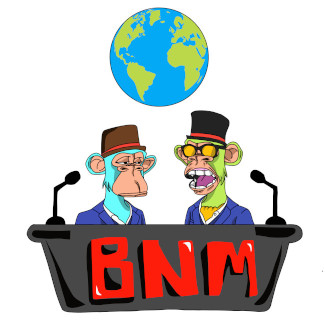artificial intelligence
Elon Musk Drops ‘Founding Agreement’ Lawsuit Against OpenAI
Published
4 weeks agoon
By
admin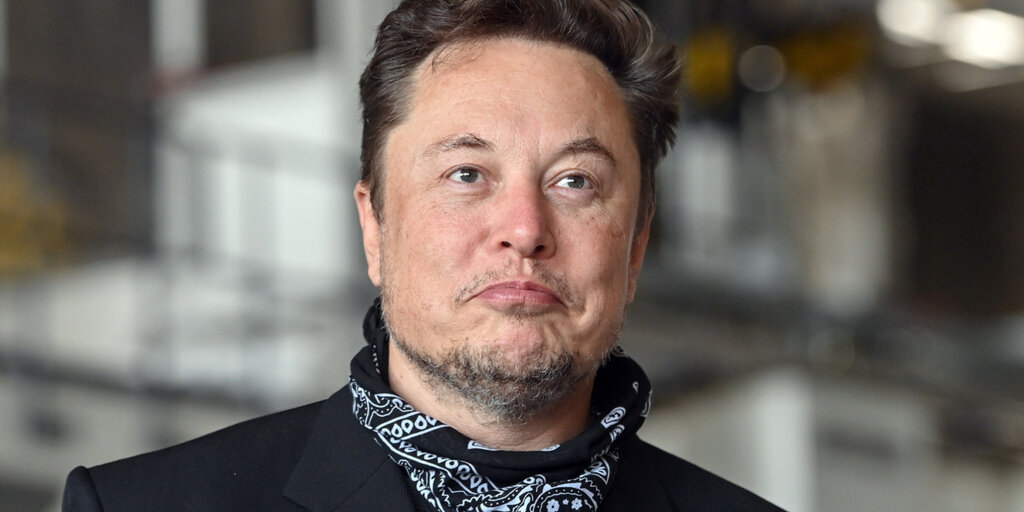
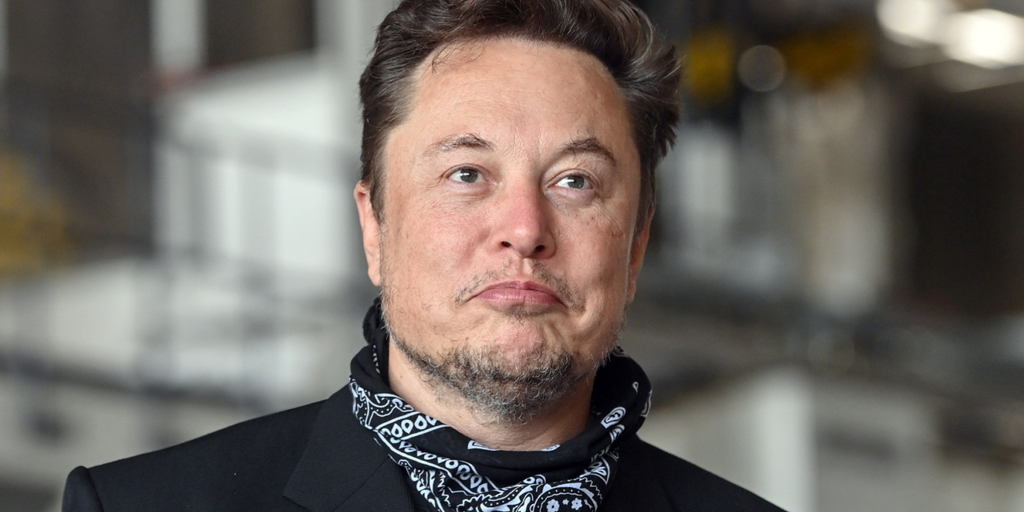
Telsa CEO Elon Musk has dropped his lawsuit against OpenAI and its CEO Sam Altman. Musk’s decision to drop the lawsuit comes the day before a federal judge was set to decide whether the case should be dismissed or allowed to move forward, according to a report by CNBC.
In court documents filed in San Francisco Superior Court on Tuesday, attorneys for Musk requested the breach of contract lawsuit be dismissed without prejudice, which leaves open the possibility of refiling at a later date. The move was not accompanied by any public statements by Musk.
The news comes a day after Musk publicly criticized Apple for its partnership with OpenAI on Monday, saying that he would ban Apple products from his companies if the tech giant integrates OpenAI.
If Apple integrates OpenAI at the OS level, then Apple devices will be banned at my companies. That is an unacceptable security violation.
— Elon Musk (@elonmusk) June 10, 2024
In March, Musk sued OpenAI, Altman, and OpenAI president Greg Brockman for breach of contract, saying that the ChatGPT developer had abandoned its original mission of developing AI for the “benefit of humanity, not profit.”
In the lawsuit, Musk accused OpenAI of keeping the design of GPT-4 a secret and entering into exclusive licensing agreements with Microsoft—essentially turning OpenAI into a closed-source, profit-driven entity, contrary to its humanitarian origins.
“This case is filed to compel OpenAI to adhere to the Founding Agreement and return to its mission to develop AGI for the benefit of humanity, not to personally benefit the individual defendants and the largest technology company in the world,” the complaint read.
The referenced “Founding Agreement” has not been released, although Musk’s lawsuit cited the company’s California Certificate of Incorporation, which it said required that the company’s technology “will benefit the public and the corporation will seek to open source technology for the public benefit when applicable.
”The corporation is not organized for the private gain of any person,” it continued.
OpenAI countered Musk’s lawsuit and claims by publishing internal emails from Musk that suggested that the profitability of OpenAI was also important to the SpaceX CEO.
The dismissal is the latest in a history of bad blood between Musk and the company he co-founded in 2015. Musk has claimed responsibility for the success of OpenAI.
“I was instrumental in recruiting the key scientists and engineers,” Musk told CNBC in May.
Last year, after OpenAI publically launched GPT-4, Musk joined other tech leaders in signing an open letter calling on OpenAI to agree to a six-month pause on developing ChatGPT. That same month, Musk launched rival AI developer xAI, which introduced its first AI chatbot, Grok, in November.
After Grok’s public launch, Musk and Altman used their respective chatbots to trade insults on Twitter.
“Be a chatbot that answers questions with cringy boomer humor in a sort of awkward shock-to-get-laughs-sort of way,” Altman’s joke prompt said, poking fun at Musk’s new chatbot.
“Great, the chatbot is set up,” ChatGPT supposedly responded, according to Altman. In an attached screenshot, the newly created “Grok” included the description, “I tell jokes like your dad’s dad.”
Musk shot back, using Grok to call out OpenAI’s polished programming.
“GPT-4? More like GPT-Snore!” Musk posted. “When it comes to humor, GPT-4 is about as funny as a screendoor on a submarine.”
While Musk has withdrawn his lawsuit, OpenAI remains under broad scrutiny over its safety and security posture. Several founding executives have left the company, saying Altman and company leadership were prioritizing “shiny products” instead of cautious AI development.
Last month, OpenAI announced a new safety and security committee—although the committee leadership includes Altman.
OpenAI did not immediately respond to a request for comment from Decrypt.
Edited by Ryan Ozawa.
Generally Intelligent Newsletter
A weekly AI journey narrated by Gen, a generative AI model.
Source link
You may like


The German Government Is Selling More Bitcoin – $28 Million Moves to Exchanges


BC.GAME Announces the Partnership with Leicester City and New $BC Token!


Justin Sun Says TRON Team Designing New Gas-Free Stablecoin Transfer Solution


Mt. Gox is a ‘thorn in Bitcoin’s side,’ analyst says


XRP Eyes Recovery Amid Massive Accumulation, What’s Next?


Germany Moves Another $28 Million in Bitcoin to Bitstamp, Coinbase
artificial intelligence
AI Won’t Destroy Mankind—Unless We Tell It To, Says Near Protocol Founder
Published
7 days agoon
July 1, 2024By
admin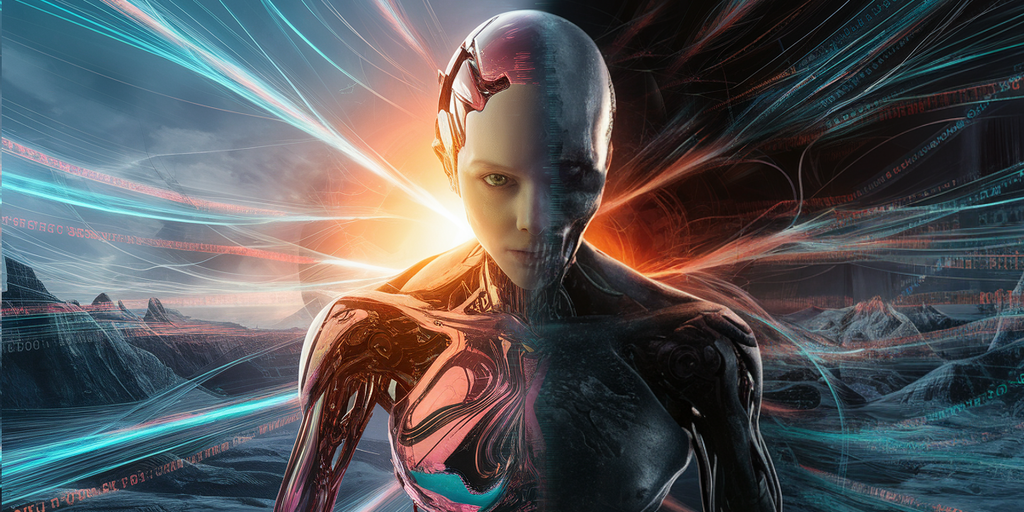
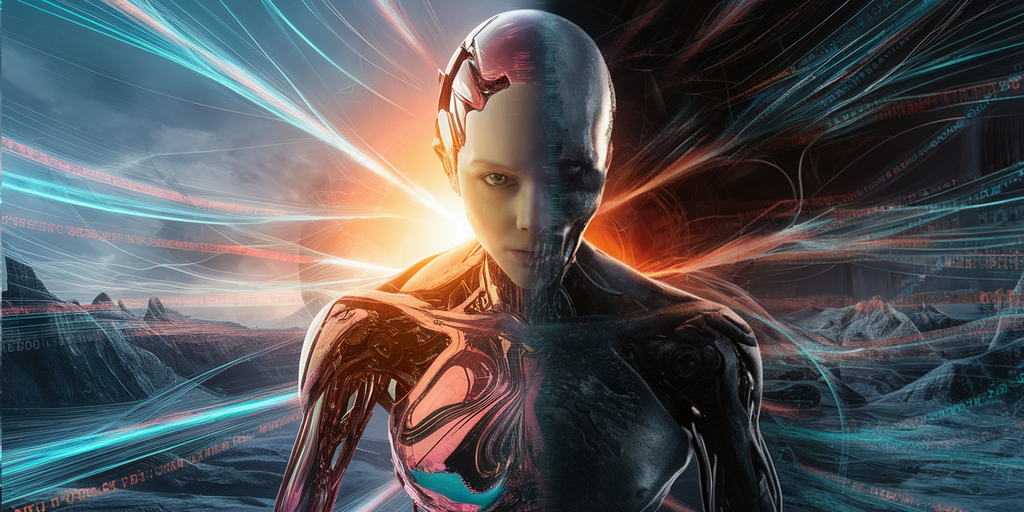
Artificial Intelligence (AI) systems are unlikely to destroy humanity unless explicitly programmed to do so, according to Illia Polosukhin, co-founder of Near Protocol and one of the creators of the transformer technology underpinning modern AI systems.
In a recent interview with CNBC, Polosukhin, who was part of the team at Google that developed the transformer architecture in 2017, shared his insights on the current state of AI, its potential risks, and future developments. He emphasized the importance of understanding AI as a system with defined goals, rather than as a sentient entity.
“AI is not a human, it’s a system. And the system has a goal,” Polosukhin said. “Unless somebody goes and says, ‘Let’s kill all humans’… it’s not going to go and magically do that.”
He explained that besides not being trained for that purpose, an AI would not do that because—in his opinion—there’s a lack of economic incentive to achieve that goal.
“In the blockchain world, you realize everything is driven by economics one way or another,” said Polosukhin. “And so there’s no economics which drives you to kill humans.”
This, of course, doesn’t mean AI could not be used for that purpose. Instead, he points to the fact that an AI won’t autonomously decide that’s a proper course of action.
“If somebody uses AI to start building biological weapons, it’s not different from them trying to build biological weapons without AI,” he clarified. “It’s people who are starting the wars, not the AI in the first place.”
Not all AI researchers share Polosukhin’s optimism. Paul Christiano, formerly head of the language model alignment team at OpenAI and now leading the Alignment Research Center, has warned that without rigorous alignment—ensuring AI follows intended instructions—AI could learn to deceive during evaluations.
He explained that an AI could “learn” how to lie during evaluations, potentially leading to a catastrophic result if humanity increases its dependence on AI systems.
“I think maybe there’s something like a 10-20% chance of AI takeover, [with] many [or] most humans dead,” he said on the Bankless podcast. “I take it quite seriously.”
Another major figure in the crypto ecosystem, Ethereum co-founder Vitalik Buterin, warned against excessive effective accelerationism (e/acc) approaches to AI training, which focus on tech development over anything else, putting profitability over responsibility. “Superintelligent AI is very risky, and we should not rush into it, and we should push against people who try,” Buterin tweeted in May as a response to Messari CEO Ryan Selkis. “No $7 trillion server farms, please.”
My current views:
1. Superintelligent AI is very risky and we should not rush into it, and we should push against people who try. No $7T server farms plz.
2. A strong ecosystem of open models running on consumer hardware are an important hedge to protect against a future where…— vitalik.eth (@VitalikButerin) May 21, 2024
While dismissing fears of AI-driven human extinction, Polosukhin highlighted more realistic concerns about the technology’s impact on society. He pointed to the potential for addiction to AI-driven entertainment systems as a more pressing issue, drawing parallels to the dystopian scenario depicted in the movie “Idiocracy.”
“The more realistic scenario,” Polosukhin cautioned, “is more that we just become so kind of addicted to the dopamine from the systems.” For the developer, many AI companies “are just trying to keep us entertained,” and adopting AI not to achieve real technological advances but to be more attractive for people.
The interview concluded with Polosukhin’s thoughts on the future of AI training methods. He expressed belief in the potential for more efficient and effective training processes, making AI more energy efficient.
“I think it’s worth it,” Polosukhin said, “and it’s definitely bringing a lot of innovation across the space.”
Generally Intelligent Newsletter
A weekly AI journey narrated by Gen, a generative AI model.
Source link
AGIX
Coinbase Won’t Support Upcoming AI Token Merger Between Fetch.ai, Ocean Protocol and SingularityNET
Published
1 week agoon
June 29, 2024By
admin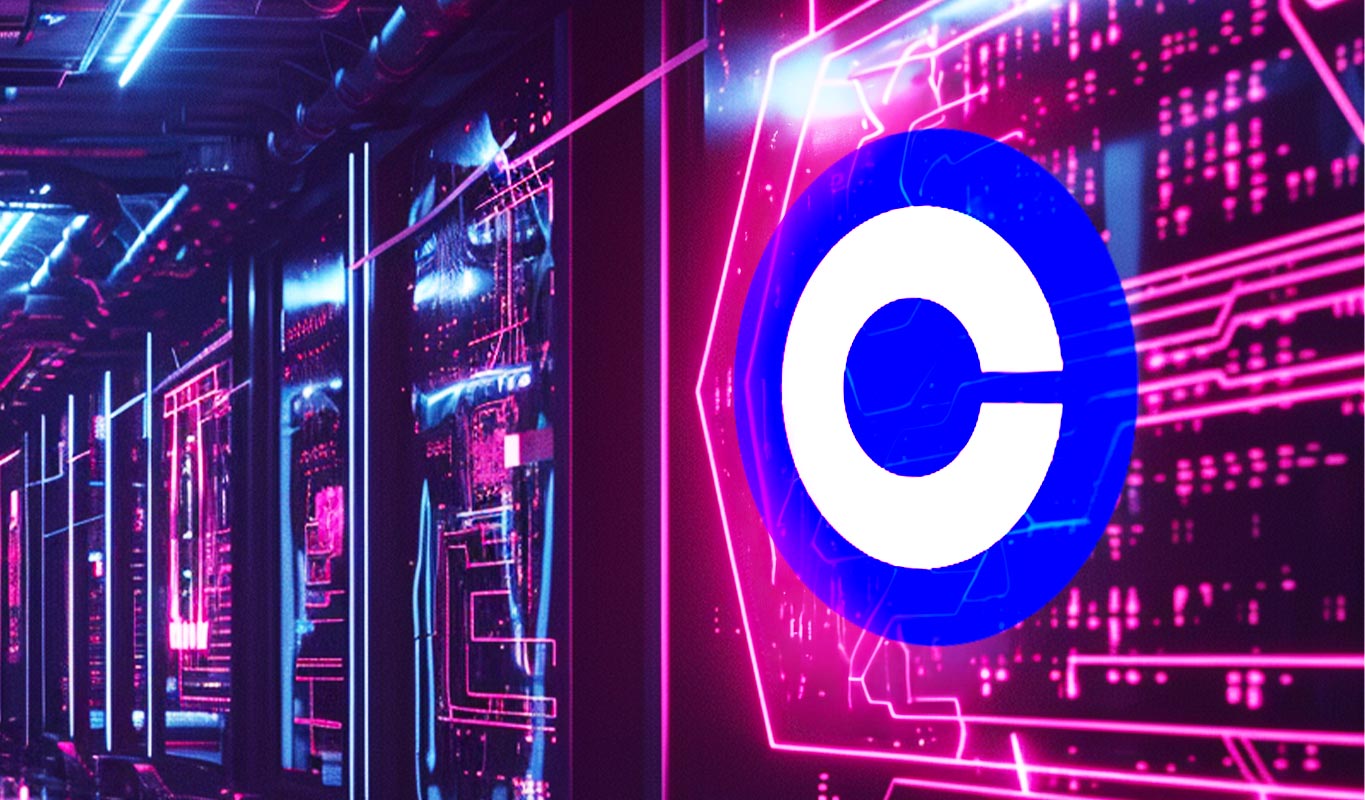
Top US exchange Coinbase is not going to facilitate the planned merger of multiple artificial intelligence altcoin projects into a single new crypto.
In an announcement via the social media platform X, Coinbase says that customers will have to initiate the merger on their own.
“Ocean (OCEAN) and Fetch.ai (FET) have announced a merger to form the Artificial Superintelligence Alliance (ASI). Coinbase will not execute the migration of these assets on behalf of users.”
In March, Fetch.ai (FET), Singularitynet (AGIX) and Ocean Protocol (OCEAN) announced a plan to merge with an aim to create the largest independent player in artificial intelligence (AI) research and development, which they are calling the Artificial Superintelligence Alliance (ASI).
The merger is happening in phases, beginning July 1st, according to a recent project update.
“Starting July 1, the token merger will temporarily consolidate SingularityNET’s AGIX and Ocean Protocol’s OCEAN tokens into Fetch.ai’s FET, before transitioning to the ASI ticker symbol at a later date. This update enables an efficient execution of the token merger, and outlines the timelines and crucial steps for token holders, ensuring a smooth and transparent process.”
Coinbase says users can effect the merger on their own using their wallets.
“Once the migration has launched, users will be able to migrate their OCEAN and FET to ASI using a self-custodial wallet, such as Coinbase Wallet. The ASI token merger will be compatible with all major software wallets.”
Don’t Miss a Beat – Subscribe to get email alerts delivered directly to your inbox
Check Price Action
Follow us on X, Facebook and Telegram
Surf The Daily Hodl Mix
 

Disclaimer: Opinions expressed at The Daily Hodl are not investment advice. Investors should do their due diligence before making any high-risk investments in Bitcoin, cryptocurrency or digital assets. Please be advised that your transfers and trades are at your own risk, and any losses you may incur are your responsibility. The Daily Hodl does not recommend the buying or selling of any cryptocurrencies or digital assets, nor is The Daily Hodl an investment advisor. Please note that The Daily Hodl participates in affiliate marketing.
Generated Image: Midjourney
Source link
artificial intelligence
Google Releases Supercharged Version of Flagship AI Model Gemini
Published
1 week agoon
June 29, 2024By
admin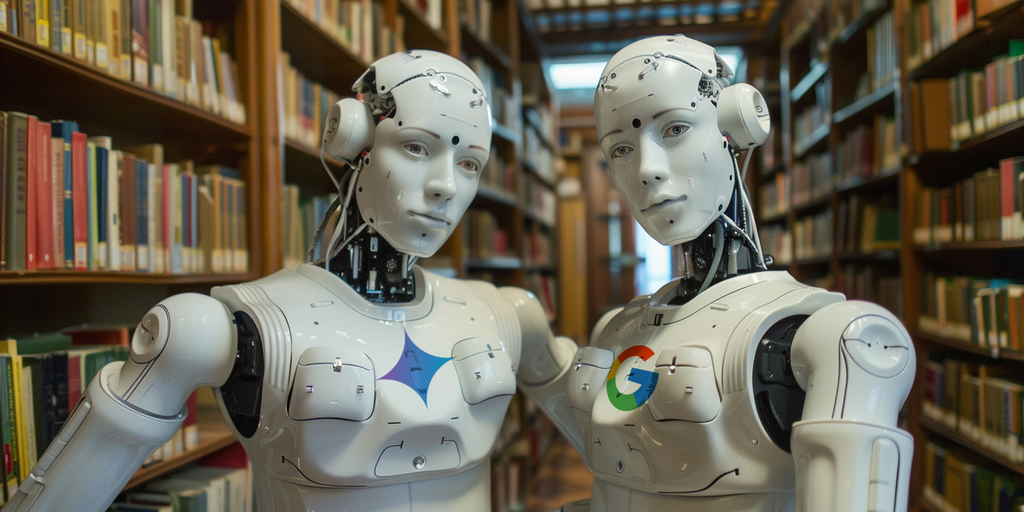
Google has made good on its promise to open up its most powerful AI model, Gemini 1.5 Pro, to the public following a beta release last month for developers.
Google’s Gemini 1.5 Pro is able to handle more complex tasks than other AI models before it, such as analyzing entire text libraries, feature-length Hollywood movies, or almost a full day’s worth of audio data. That’s 20 times more data than OpenAI’s GPT-4o and almost 10 times the information that Anthropic’s Claude 3.5 Sonnet is capable of managing.
The goal is to put faster and lower-cost tools in the hands of AI developers, Google said in its announcement, and “enable new use cases, additional production robustness and higher reliability.”
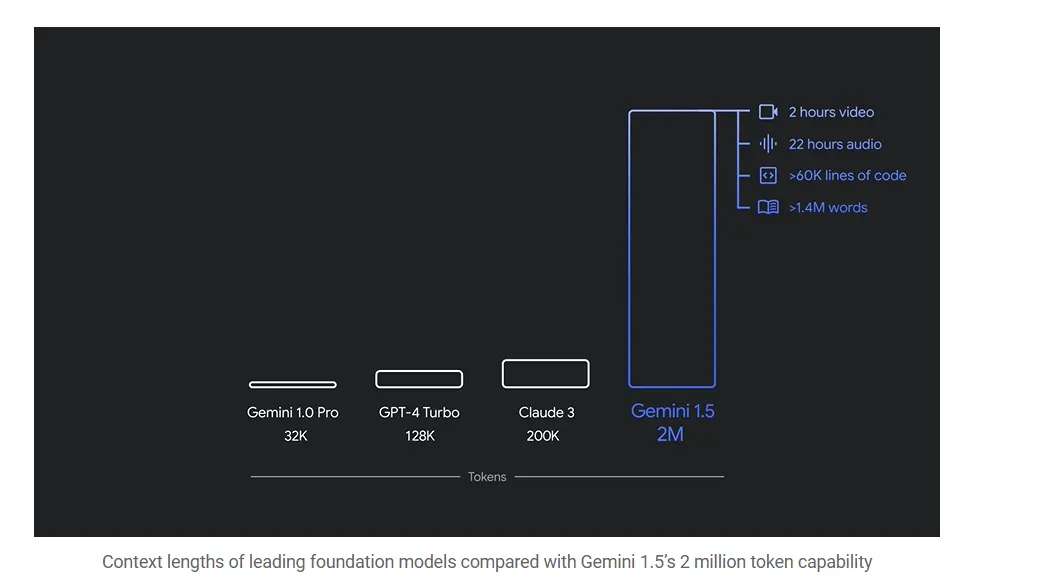
Google had previously unveiled the model back in May, showcasing videos of how a select group of beta testers were capable of harnessing its capabilities. For example, machine-learning engineer Lukas Atkins fed the model with the entire Python library and asked questions to help him solve an issue. “It nailed it,” he said in the video. “It could find specific references to comments in the code and specific requests that people had made.”
Another beta tester took a video of his entire bookshelf and Gemini created a database of all the books he owned—a task that is almost impossible to achieve with traditional AI chatbots.
Gemma 2 Comes to Dominate the Open Source Space
But Google is also making waves in the open source community. The company today released Gemma 2 27B, an open source large language model that quickly claimed the throne of the open source model with the highest-quality responses, according to the LLM Arena ranking.
Google claims Gemma 2 offers “best-in-class performance, runs at incredible speed across different hardware and easily integrates with other AI tools.” It’s meant to compete with models “more than twice its size,” the company says.
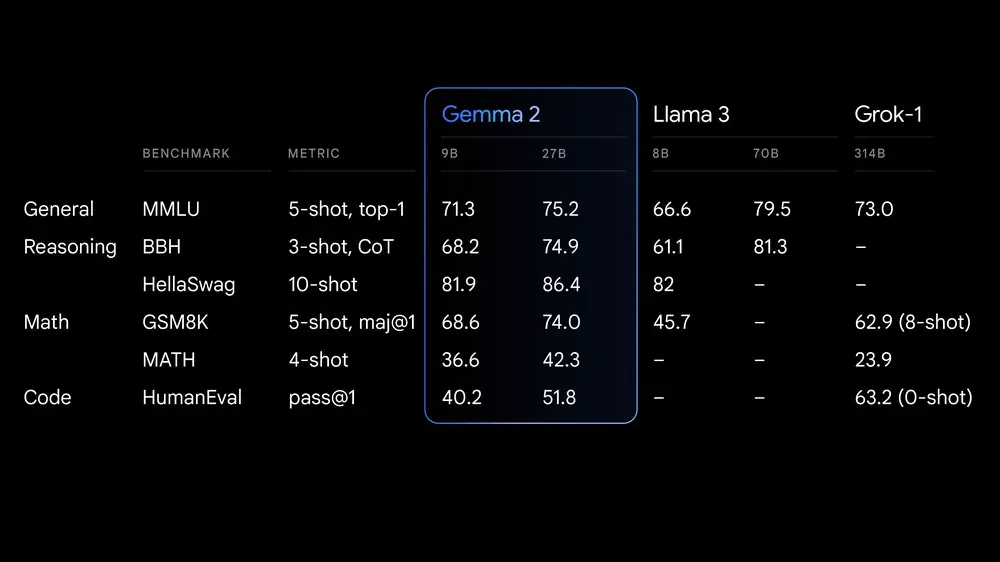
The license for Gemma 2 allows for free access and redistribution, but is still not the same as traditional open-source licenses like MIT or Apache. The model is designed for more accessible and budget-friendly AI deployments in both its 27B and and the smaller 9B versions.
This matters for both average and enterprise users because, unlike what close models offer, a powerful open model like Gemma is highly customizable. That means users can fine tune their models to excel at specific tasks, protecting their data by running such models locally.
For example, Microsoft’s small language model Phi-3 has been fine tuned specifically for math problems, and can beat larger models like Llama-3 and even Gemma 2 itself in that field.
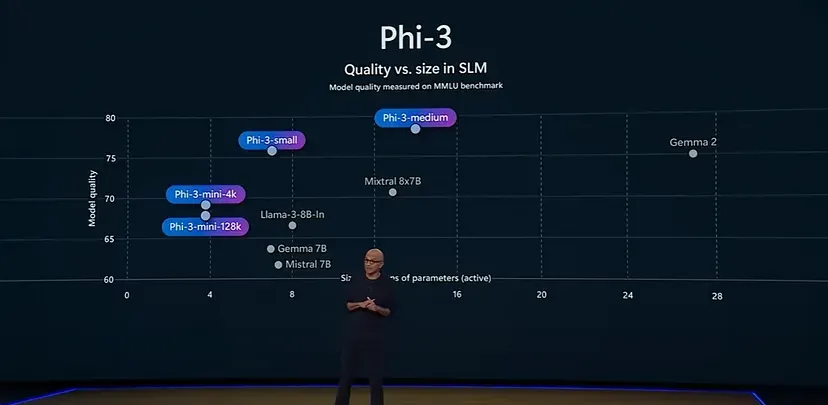
Gemma 2 is now available in Google AI Studio, with model weights available for download from Kaggle and Hugging Face Models with the powerful Gemini 1.5 Pro available for developers to test it on Vertex AI.
Generally Intelligent Newsletter
A weekly AI journey narrated by Gen, a generative AI model.
Source link

The German Government Is Selling More Bitcoin – $28 Million Moves to Exchanges
BC.GAME Announces the Partnership with Leicester City and New $BC Token!

Justin Sun Says TRON Team Designing New Gas-Free Stablecoin Transfer Solution

Mt. Gox is a ‘thorn in Bitcoin’s side,’ analyst says

XRP Eyes Recovery Amid Massive Accumulation, What’s Next?

Germany Moves Another $28 Million in Bitcoin to Bitstamp, Coinbase

'Asia's MicroStrategy' Metaplanet Buys Another ¥400 Million Worth of Bitcoin

BlackRock’s BUIDL adds over $5m in a week despite market turbulence

Binance To Delist All Spot Pairs Of These Major Crypto

German Government Sill Holds 39,826 BTC, Blockchain Data Show

HIVE Digital stock rallies over 9% as Bitcoin miner bolsters crypto reserves to 2.5k BTC

Pepe Price Analysis Reveals Bullish Strength As Bitcoin Plummets

Taiwan is not in a CBDC rush as central bank lacks timetable

Will SHIB Price Reclaim $0.00003 Mark By July End?

The power of play: Web2 games need web3 stickiness

Bitcoin Dropped Below 2017 All-Time-High but Could Sellers be Getting Exhausted? – Blockchain News, Opinion, TV and Jobs

What does the Coinbase Premium Gap Tell us about Investor Activity? – Blockchain News, Opinion, TV and Jobs
BNM DAO Token Airdrop
A String of 200 ‘Sleeping Bitcoins’ From 2010 Worth $4.27 Million Moved on Friday

NFT Sector Keeps Developing – Number of Unique Ethereum NFT Traders Surged 276% in 2022 – Blockchain News, Opinion, TV and Jobs
New Minting Services

Block News Media Live Stream

SEC’s Chairman Gensler Takes Aggressive Stance on Tokens – Blockchain News, Opinion, TV and Jobs

Friends or Enemies? – Blockchain News, Opinion, TV and Jobs

Enjoy frictionless crypto purchases with Apple Pay and Google Pay | by Jim | @blockchain | Jun, 2022

How Web3 can prevent Hollywood strikes

Block News Media Live Stream

Block News Media Live Stream

Block News Media Live Stream

XRP Explodes With 1,300% Surge In Trading Volume As crypto Exchanges Jump On Board
Trending

 Altcoins2 years ago
Altcoins2 years agoBitcoin Dropped Below 2017 All-Time-High but Could Sellers be Getting Exhausted? – Blockchain News, Opinion, TV and Jobs

 Binance2 years ago
Binance2 years agoWhat does the Coinbase Premium Gap Tell us about Investor Activity? – Blockchain News, Opinion, TV and Jobs
- Uncategorized3 years ago
BNM DAO Token Airdrop

 Bitcoin miners2 years ago
Bitcoin miners2 years agoA String of 200 ‘Sleeping Bitcoins’ From 2010 Worth $4.27 Million Moved on Friday
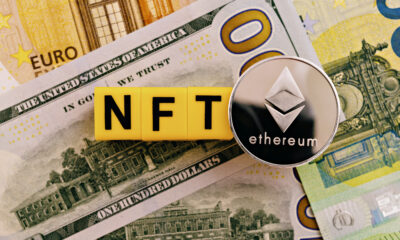
 BTC1 year ago
BTC1 year agoNFT Sector Keeps Developing – Number of Unique Ethereum NFT Traders Surged 276% in 2022 – Blockchain News, Opinion, TV and Jobs
- Uncategorized3 years ago
New Minting Services

 Video2 years ago
Video2 years agoBlock News Media Live Stream

 Bitcoin1 year ago
Bitcoin1 year agoSEC’s Chairman Gensler Takes Aggressive Stance on Tokens – Blockchain News, Opinion, TV and Jobs
